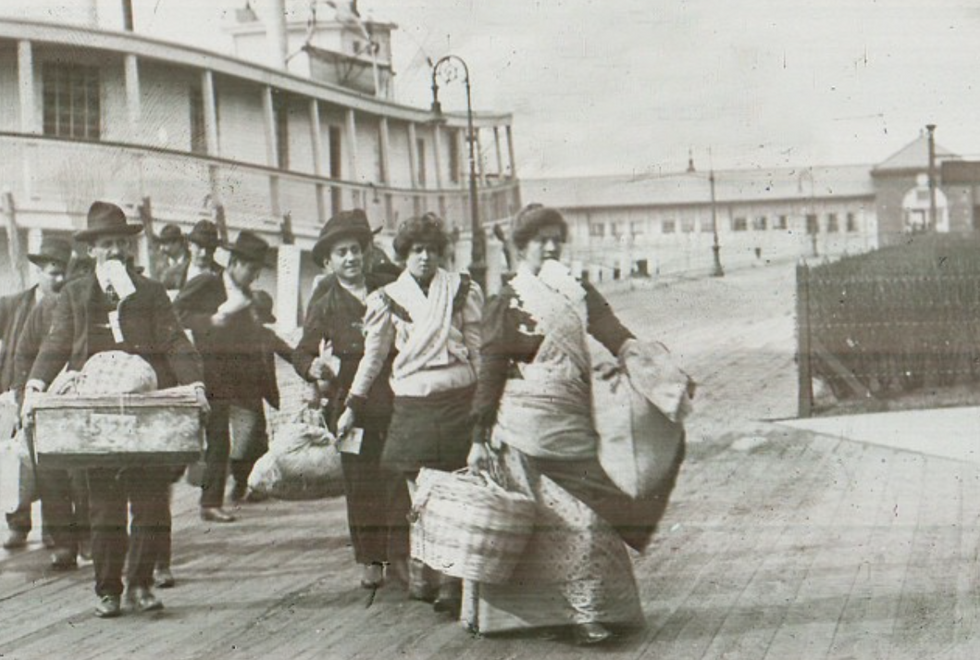The Heartland Alliance is an anti-poverty organization that has been working to serve immigrants and those struggling to earn a livable wage since 1888. The service was founded during an influx of immigrants in the Chicago area when homelessness was an overwhelming issue. I first heard about the Heartland Alliance from a friend who was volunteering as an English tutor in the fall of 2018. I remember marveling at the information she passed on to me about the organization, and I was eager to get involved, as well.
I became a weekly volunteer in the winter of 2019 and would travel to one of the Heartland Branches of Chicago every Wednesday to practice English with the adult students who were seeking American citizenship. I observed a classroom the first night I visited, and was thrilled to see how motivated and dedicated the students were to learning English. Languages from all corners of the globe were spoken during the lulls of the class, when partners would help one another on worksheets.
The Heartland Alliance where language classes and citizenship test prep is taught is not alone in the Chicagoland area. During my time at Heartland, I learned that the four locations each serve a different purpose. There is Heartland Health, which offers health care to those without health insurance or access to health services. There is Heartland Housing, which offers both emergency housing and long-term housing for those facing the threat of homelessness. Heartland Human Care offers financial training and
As a language tutor, I was assigned a student who I could best communicate with. Here, I met Maria, a woman from Guatemala who had been living, working, and raising a family in Chicago for the past twenty years. Despite her time spent in the United States, she still spoke little to no English. She told me, "I had a family to raise. There was no time to learn English."
Maria spoke fondly of Guatemala and said she missed the wedding celebrations in her village the most. As I worked with her over the weeks, I noticed that she not only struggled with reading and writing English, but in Spanish as well. I learned that she left school in the third grade to help her mother with her younger siblings. Although she struggled with English, she would always remind me that it was never too late to learn.
Despite her busy schedule, Maria was always prepared for our weekly tutoring sessions. She was in class from 5 to 7, and then went over homework with me from 7 to 8:30. She also woke up every day at 5 a.m. for work at O'Hare International Airport, where she worked as a kitchen assistant in one of the restaurants. Between all of this, Maria was a mother and first-time grandmother and wanted to spend as much time with her family as possible. Her will-power blew me away.
Most of the stories at Heartland are similar to Maria's, but each student has a unique history. One of my classmates tutored a Ukrainian woman who taught psychology at a University in Kiev during the Soviet regime. Each student was on his or her own path to citizenship and spoke English from beginner to fluent levels.
The biggest takeaway from my time as a peer tutor at Heartland is that this is an organization that truly cares for the people they serve. Moreover, I discovered that the most remarkable part of Heartland is its unique student body.

















